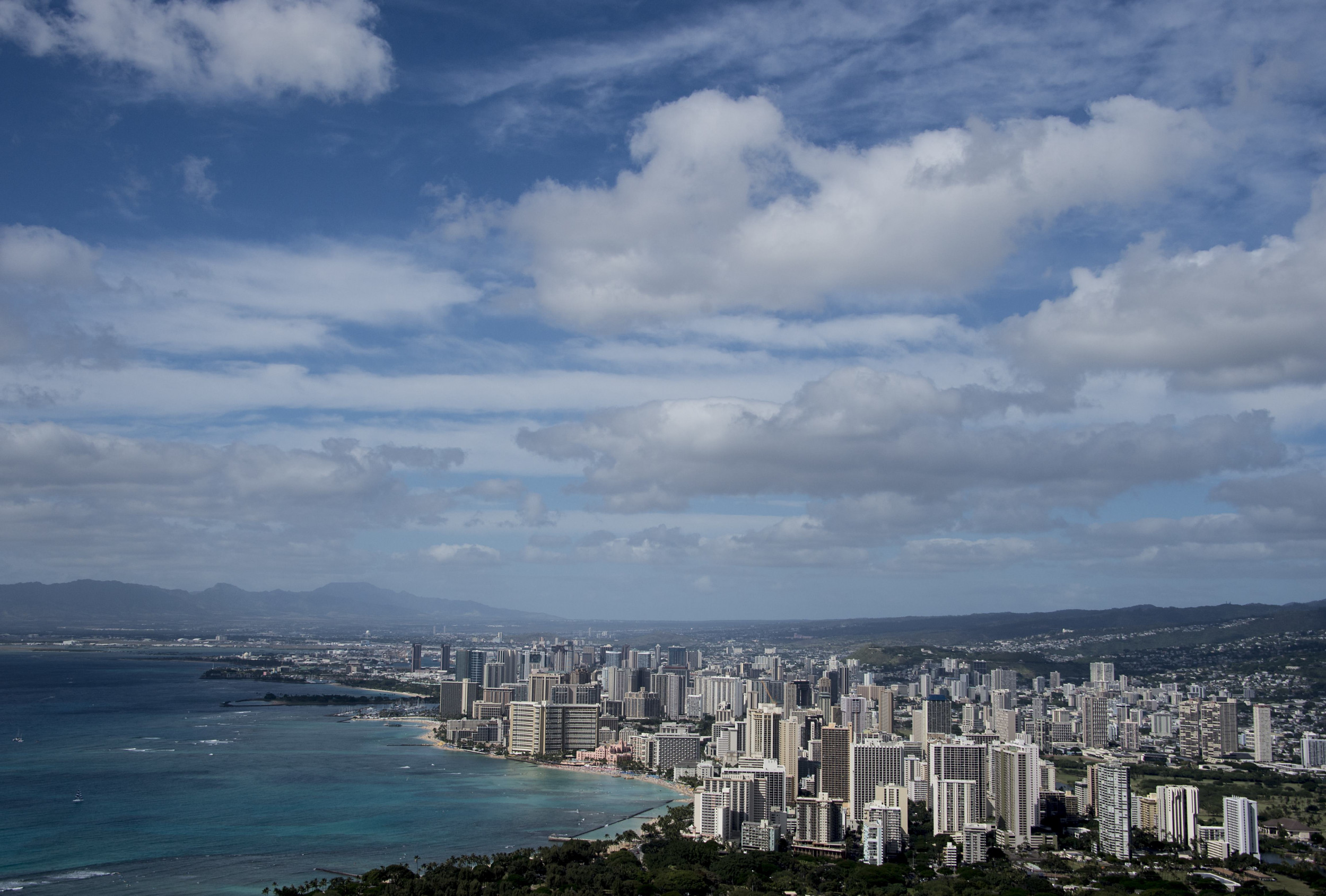Social housing is gaining momentum in Hawaii
Paradise is palm trees and paddle boarding, sunsets and white sand. But for locals in Hawaii, life is hard. The housing shortage has made Hawaii the most expensive state in the United States. almost double the national average. A 2020 to learn It is estimated that Hawaii produces only one-fifth of the living space we need. As a result, the average single-family home on Oahu was worth $1.15 million this March.
In recent years, other states have adopted an upzoning, or “soft density,” strategy that allows homeowners to build more than one unit on a single-family lot. California last year allowed four units on most single-family lots statewide. Oregon and Maine also enacted upzoning laws.
Hawaii has gone down this route before, with limited results. Hawaii eliminated single-family home zoning statewide in 1981 with the “Ohana Zoning” statute, and in 2015 Oahu passed an additional housing unit program to replace it. Still, in any case, the housing shortage is worse today than it was in 1981 or 2015. Fortunately, there are jurisdictions that have actually solved the problem. Two of the most prominent, Singapore and Vienna, Austria, did so through social housing.
The main difference between public housing and American-style public housing is that there are no income restrictions. While both Singapore and Vienna impose income limits on new residents, once they move in, income no longer matters. There is no income limit at all for resale units in Singapore. They are building attractive, walkable, dense communities with amenities such as swimming pools and gyms that are closely connected to public transportation. They are so sought after and socio-economically integrated that the current President of Singapore lived in her public housing until entering the Presidential Palace.
Housing for everyone, regardless of income, is an important political step. “A program for the poor is a poor program‘ was once a mantra in Washington. Truly inclusive programs are those that enjoy sustained popular support. Public schools, public roads, and public parks are open to all, regardless of income largest federal programs by budgetSocial Security and Medicare have no income limits.
NICHOLAS KAMM/AFP via Getty Images
Social housing can also address many of the objections to new construction. Public housing would not be built by for-profit developers who studies Show is the strongest political objection to new construction. Building on government-owned land near the Honolulu railroad currently under construction means zero land costs along a corridor where car ownership is unnecessary, reducing the cost of living, carbon emissions and transportation. The state can limit the housing units to only Hawaii residents who would be owner-occupiers, which would ensure that they actually house local residents and are not used as vacation rentals or vehicles for speculation.
The Hawaiian legislature this year passed several significant measures to introduce public housing. Senate Act 2583 allows the state’s housing development agency, HHFDC, to build condominiums with a 99-year term by exempting them from the state’s public land requirement, which has a maximum term of 65 years. Senate Act 2251 removes the requirement that the state housing authority HPHA build only income-restricted, state-regulated housing. Taken together, these two bills allow two state agencies to build 99-year condominiums on the Singapore model. The Legislature also approved $10 million for HPHA to build the first tower.
An even bigger grant, a record $600 million for the Hawaiian Homes Commission, is fueling a public housing program that has existed for over a century. The Hawaiian Homes Commission Act was created by Congress in 1920 and builds homes for people of over 50 percent Native Hawaiian ancestry and has no income restrictions.
The momentum is building nationwide. California MP Alex Lee introduced himself Assembly Act 2053 in February, creation of public housing program for California. Maryland delegate Vaughn Stewart introduced himself Legislation on financing social housing in 2020. Seattle submitted electoral initiative for social housing in March. In December, San Francisco approved $64 million to: a Social housing program.
The state of Hawaii now has the tools to build the tens of thousands of units that Hawaiians will need. Public housing can finally end Hawaii’s housing shortage, serve as a model for other struggling jurisdictions across the country, and ensure that future generations of Hawaiians will truly be able to thrive and thrive.
Stanley Chang currently serves in the Hawaii State Senate, representing District 9 and chairing the Hawaii Senate Housing Committee.
The views expressed in this article are the author’s own.


Comments are closed.